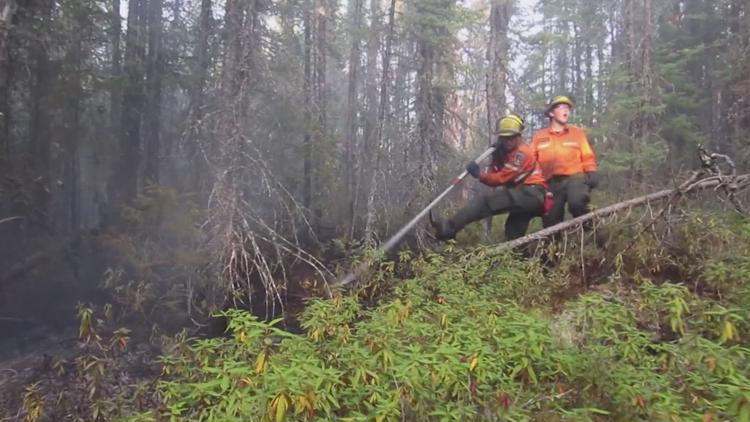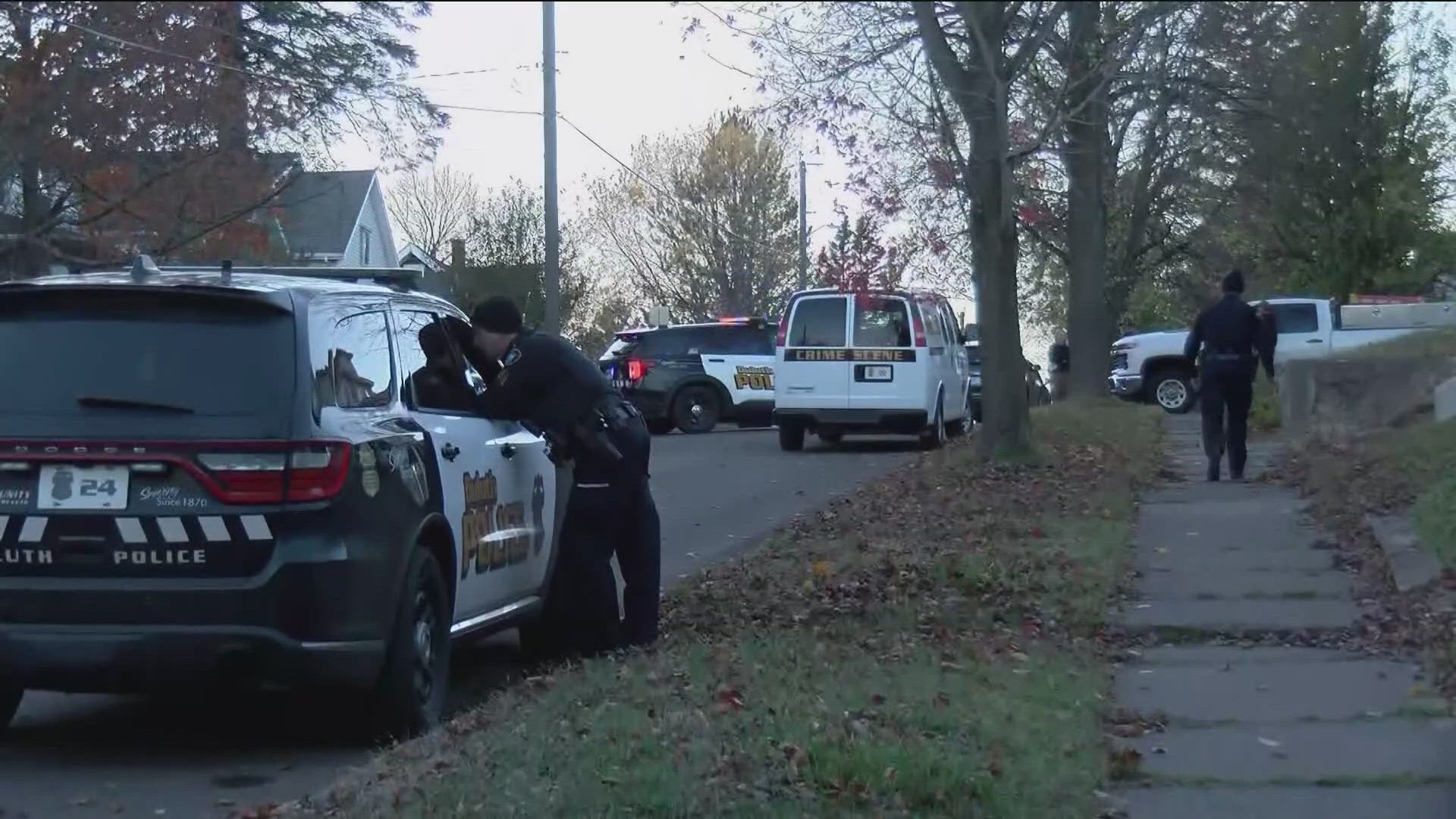ST PAUL, Minn — Canadian wildfire smoke is triggering another air quality alert, this time in northern and central Minnesota, Minnesota Pollution Control Agency (MPCA) officials announced Monday.
The alert goes into effect at 6 a.m. on Tuesday and runs until noon on Wednesday.
The affected area includes Brainerd, Alexandria, Hinckley, Ortonville, Bemidji, East Grand Forks, Moorhead, International Falls, Two Harbors, Hibbing, Ely, Duluth, Roseau, and the tribal nations of Mille Lacs, Leech Lake, Red Lake, Grand Portage, and Fond du Lac, according to an MPCA news release.
The alert does not include the Twin Cities metro.
MPCA officials say smoke from the Canadian wildfires is to blame for the poor air, which has been a recurring problem all summer. The MPCA's alerts are color-coded. Orange air quality is considered unhealthy for sensitive groups, while red air quality is unhealthy for everyone. Officials say this air quality is expected to reach the orange category over the next two days.
Officials say smoke can aggravate those with heart and lung disease, as well as cardiovascular and respiratory infections. According to the MPCA, symptoms could include chest pain, shortness of breath, wheezing, coughing and fatigue.
People who need to be especially mindful of the alerts include:
- People who have asthma or other breathing conditions like chronic obstructive pulmonary disease (COPD)
- People who have heart disease, high blood pressure, or diabetes
- Pregnant people
- Children and older adults
People with increased exposure include:
- People of all ages who do longer or more vigorous physical activity outdoors
- People who work outdoors, especially workers who do heavy manual labor
- People who exercise or play sports outdoors, including children
- People who don’t have air conditioning and need to keep windows open to stay cool
- People in housing not tight enough to keep unhealthy air out, or who do not have permanent shelter.



